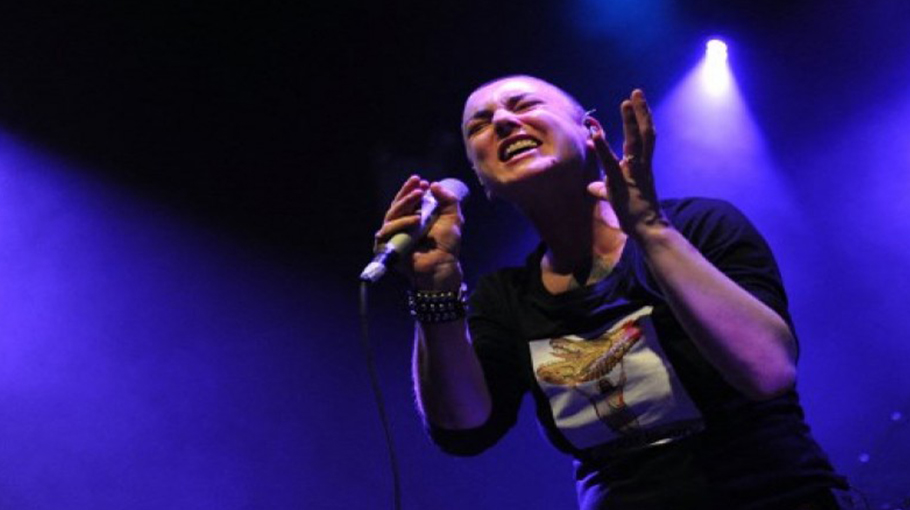Irish pop singer Sinead O’Connor dies aged 56

Irish pop singer Sinead O’Connor, who shot to worldwide fame in the 1990s, has died at the age of 56, Irish media reported on Wednesday.
Her family said it was with ‘great sadness that we announce the passing of our beloved Sinead. Her family and friends are devastated and have requested privacy at this very difficult time,’ Irish national broadcaster RTE reported.
Born in County Dublin, O’Connor made 10 albums in her career from ‘I Do Not Want What I Haven’t Got’ to 2014’s ‘I’m not Bossy, I’m the Boss’, and was best known for her cover of Prince’s ‘Nothing Compares 2 U’, released in 1990.
Ireland’s President Michael Higgins said Ireland had lost ‘one of our greatest and most gifted composers, songwriters and performers of recent decades’.
He praised O’Connor’s ‘fearless commitment to the important issues which she brought to public attention, no matter how uncomfortable those truths may have been’.
Irish Prime Minister Leo Varadkar said O’Connor’s ‘music was loved around the world and her talent was unmatched and beyond compare’.
‘Condolences to her family, her friends and all who loved her music,’ he added.
Instantly recognisable with her trademark shaved head, O’Connor courted controversy throughout her career, speaking out frequently against the Catholic Church.
Beginning her career busking on the streets of the Irish capital and performing in pubs, she recorded her first album ‘The Lion and the Cobra’ -- a punk cult classic released in 1987 -- in London.
The artist said she had been abused by her mother as a child and in 1992 protested the abuse of children by the Catholic Church, tearing up a picture of Pope John Paul II while performing on US television programme ‘Saturday Night Live’.
In recent years O’Connor had melded her outspoken political views with spiritualism and was ordained as a priest amid controversy in 1999.
She later converted to Islam, changing her name to Shuhada’ Sadaqat in 2018.
Writing on Twitter, which is being rebranded as ‘X’, Canadian singer Bryan Adams wrote: ‘RIP Sinead O’Connor, I loved working with you making photos, doing gigs in Ireland together and chats, all my love to your family.’
Irish comedian Dara O Briain said O’Connor’s death came as ‘just very sad news. Poor thing.’
‘I hope she realised how much love there was for her,’ he said.
Irish mixed martial arts superstar Conor McGregor commented on the singer’s death writing: ‘The world has lost an artist with the voice of an Angel.
‘Ireland has lost an iconic voice and one of our absolute finest, by a long shot. And I have lost a friend.’
British pop singer Alison Moyet said O’Connor had a voice that ‘cracked stone with force by increment’.
‘As beautiful as any girl around & never traded on that card. I Loved that about her. Iconoclast,’ she added.
Lead singer for 90s rock band The Charlatans Tim Burgess wrote: ‘Sinead was the true embodiment of a punk spirit.
‘She did not compromise and that made her life more of a struggle. Hoping that she has found peace.’
‘It is hard to think of an artist who has had the social and cultural impact of Sinead,’ Colm O’Gorman, executive director of Amnesty International Ireland wrote in reaction to her death.
‘What a loss. Heartfelt condolences to her children, her family and all who loved her,’ he added.
O’Connor had also spoken publicly about her mental health struggles, telling Oprah Winfrey in 2007 that she struggled with thoughts of suicide and had been diagnosed with bipolar disorder.
More recently she had shunned the limelight, in particular following the death of her son Shane from suicide last year at the age of 17.
O’Connor is survived by three children and had reportedly been dividing her time between Ireland and Britain prior to her death.




